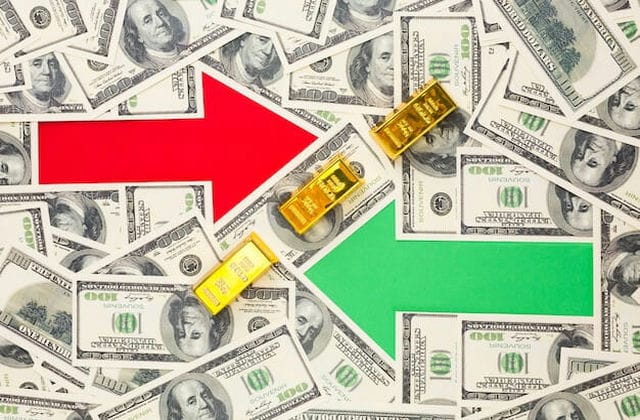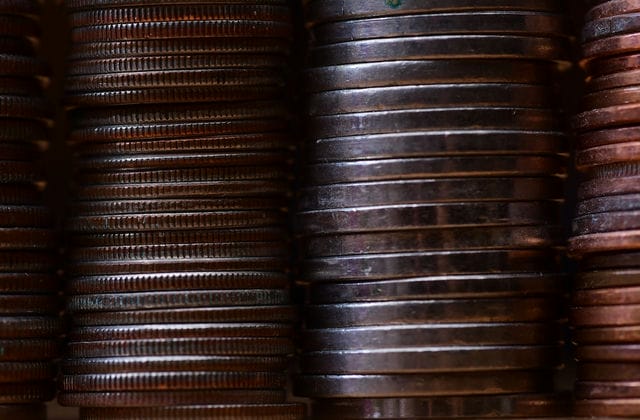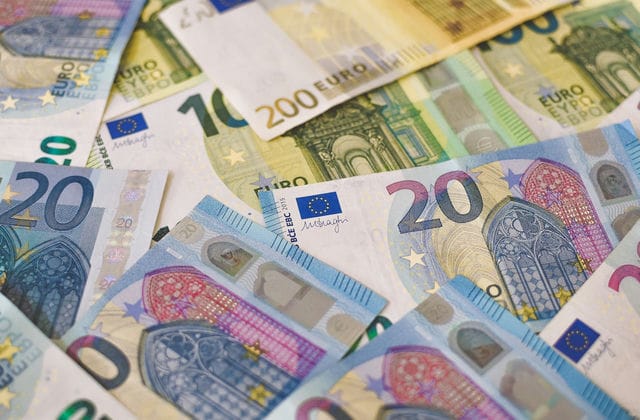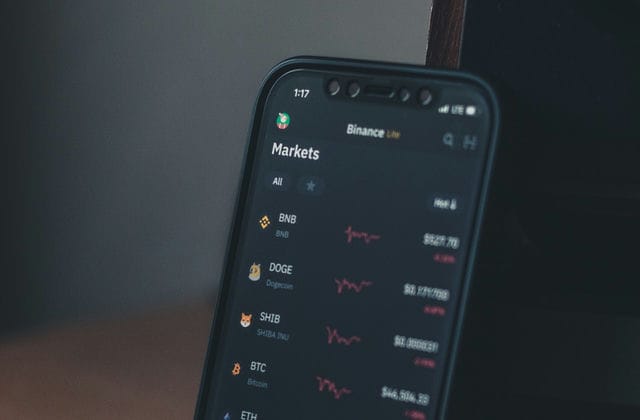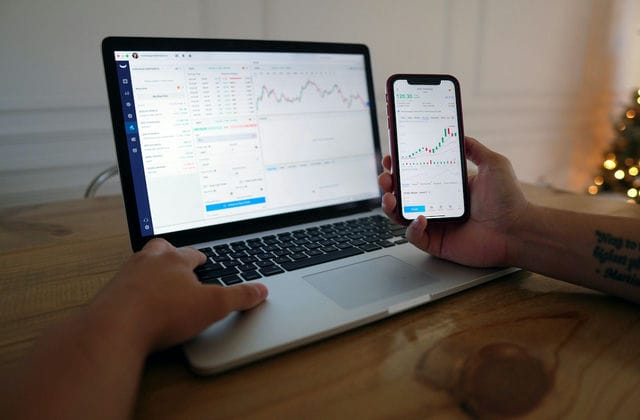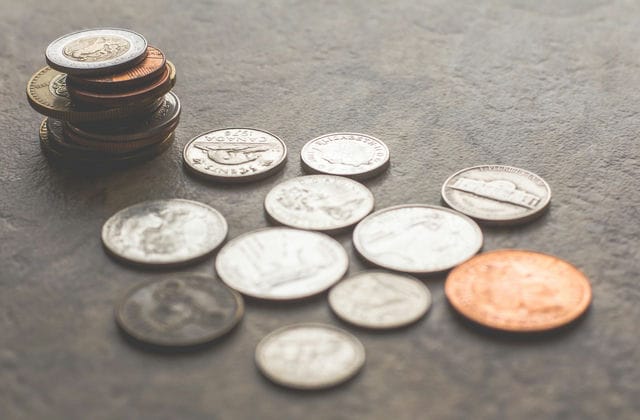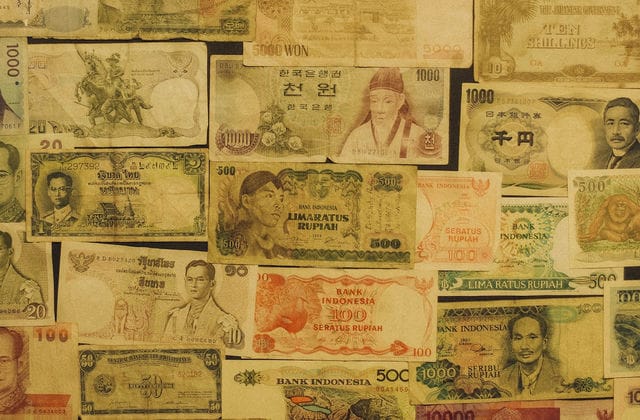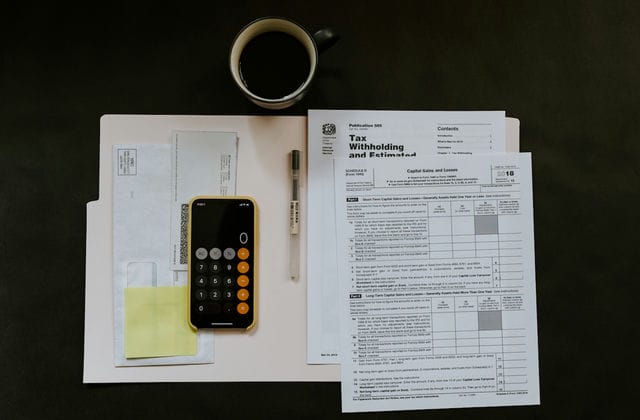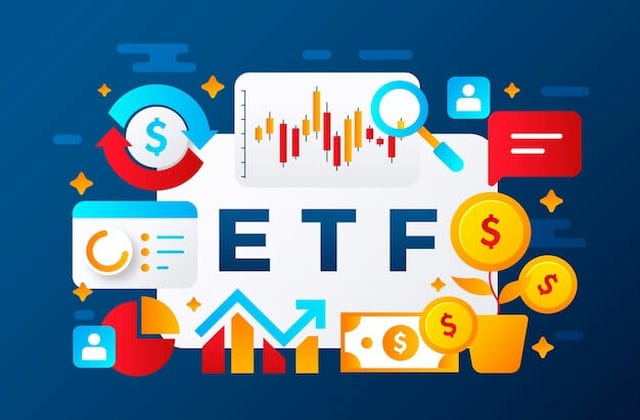Meaning of the money market
The money market is a market in which financial assets with a maturity of less than one year are traded. The main function of this market is to keep financial assets liquid so that they can be readily converted into a negotiable currency.
Currency (CCY) is an instrument for measuring prices, a medium for buying goods, a means of preserving wealth, a contract between the owners of property and the market for the right to exchange, essentially an agreement between the owners. Money, by its very nature, is a contract between owners concerning the right to exchange, and the different forms of money are essentially unified. In the past, due to a lack of understanding of the nature of money, people erroneously classified money into different categories from different perspectives, for example: debt money and non-debt money according to the commodity value of money, convertible and non-convertible money according to whether the exchange ratio of precious metals was agreed upon, etc.
Formally, money can be divided into physical money according to its commodity value and formal money. Physical money itself is a special commodity that contains a quantity of value, such as sheep, precious metals, etc., while formal money itself has no quantity of value, its value is contractually agreed upon and has only contractual value. The two are different in form but are essentially unified, i.e. both are agreed as a medium of exchange and both have contractual value. The purchasing power of money is determined by the contractual value of money, but the purchasing power of physical money is also affected by its own commodity value, which is usually less than its contractual value as money.
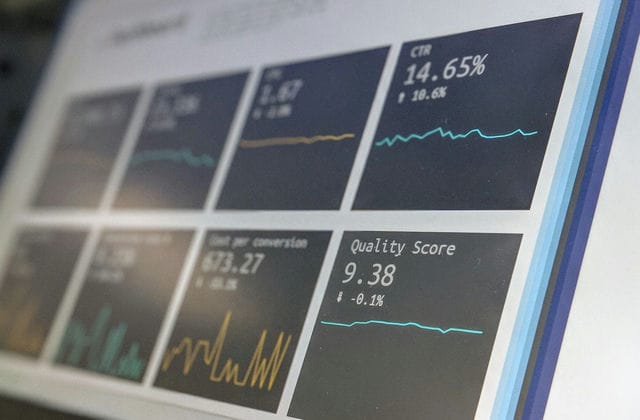
Meaning of money market funds
A money market fund is an investment fund that invests in short-term (less than one year, with an average maturity of 120 days) marketable securities in the money market. The fund's assets are mainly invested in short-term monetary instruments such as treasury bills, commercial paper, bank certificates of deposit, banker's acceptances, short-term government bonds, corporate bonds and other short-term marketable securities.


